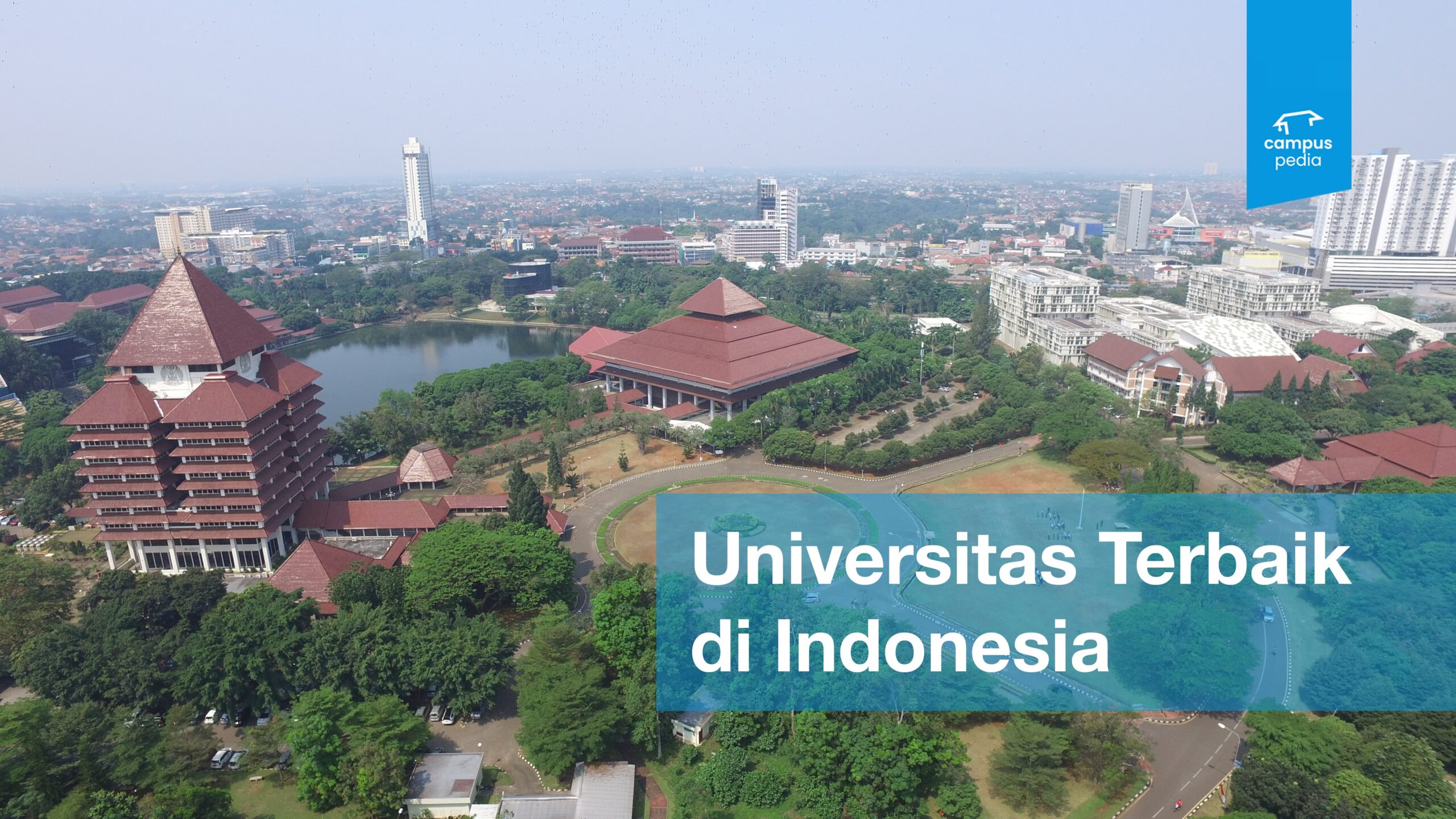Understanding Akreditasi Universitas Aceh
Akreditasi Universitas Aceh (University Accreditation of Aceh) is a pivotal process that assesses the quality and standards of educational institutions in Indonesia, specifically in Aceh. This guide delves into what accreditation entails, its significance, and the specific procedures involved for institutions seeking to achieve this crucial recognition.
What is University Accreditation?
University accreditation is an evaluation process wherein an institution’s academic programs and services are assessed against predetermined standards. In Indonesia, this process is primarily overseen by the National Accreditation Board for Higher Education (BAN-PT). Accreditation essentially ensures that the institution maintains specific educational standards necessary for delivering quality education.
Importance of Accreditation
Accreditation serves multiple purposes:
- Quality Assurance: It ensures that educational programs meet certain quality standards, thereby enhancing the learning experience for students.
- Student Confidence: Accreditation can significantly influence a student’s choice of university, as it symbolizes trust and credibility.
- Funding Opportunities: Accredited institutions are more likely to receive government and private funding.
- International Recognition: A degree from an accredited institution is often recognized internationally, giving graduates better opportunities abroad.
Types of Accreditation
There are two primary types of accreditation applicable to universities in Indonesia:
- Institutional Accreditation: This evaluates the entire institution based on its mission, goals, resources, and overall performance.
- Program Accreditation: It focuses on specific programs or departments within an institution, analyzing the curriculum, faculty qualifications, and other program-specific elements.
The Accreditation Process for Universitas Aceh
-
Self-Evaluation: Institutions must conduct an internal review against the standards set by BAN-PT. This involves gathering data on various aspects such as faculty qualifications, infrastructure, student performance, and financial resources.
-
Submission of Documents: After the self-evaluation, institutions prepare a comprehensive report that documents their findings and supports them with evidence. This report is then submitted to BAN-PT for review.
-
Site Visit: An accreditation team from BAN-PT conducts a site visit. This team typically comprises experts from various fields who assess the institution’s compliance with set standards.
-
Evaluation and Grading: Following the site visit, the accreditation team deliberates and assigns a grade to the institution. The grading system usually ranges from A to C, with ‘A’ being the highest quality.
-
Issuance of Accreditation Certificate: Depending on the assessment results, institutions will receive an accreditation certificate that is valid for a certain period.
Key Standards Evaluated
Several key areas are evaluated during the accreditation process:
- Educational Quality: Assessment of curriculum relevance, teaching methods, and learning outcomes.
- Faculty Qualifications: Review of faculty credentials, professional development, and research contributions.
- Infrastructure: Adequacy of learning facilities, libraries, laboratories, and technology integration.
- Student Support Services: Availability of counseling, placements, and other support systems for student success.
- Research and Community Engagement: Evaluation of the institution’s role in contributing to local and global communities through research and outreach programs.
Challenges in the Accreditation Process
While pursuing accreditation, universities face several challenges:
- Resource Constraints: Many institutions may lack the necessary financial or human resources to meet accreditation standards.
- Resistance to Change: Faculty and staff may be resistant to the changes required to meet accreditation standards.
- Time and Documentation: The process can be time-consuming, and institutions must ensure meticulous documentation of all practices.
Benefits of Being Accredited
Accredited institutions enjoy numerous benefits:
- Enhanced Reputation: An accredited status enhances the institution’s reputation, attracting more students and faculty.
- Access to Scholarships: Accreditation increases students’ eligibility for national and international scholarships.
- Improved Curriculum: The focus on meeting accreditation standards helps institutions continually improve their academic offerings.
Resources for More Information
Academic institutions seeking accreditation can refer to several resources:
- BAN-PT Website: Official guidelines and standards from the National Accreditation Board.
- Workshops and Training: Frequent seminars organized by BAN-PT and educational networks that help institutions understand the accreditation process.
- Peer Networks: Engaging with other accredited institutions to share best practices and insights.
Conclusion
Akreditasi Universitas Aceh represents more than just a certification; it signifies a commitment to excellence in education. By understanding and engaging with this process, institutions can enhance their educational quality, thereby benefiting students, faculty, and the community at large.

